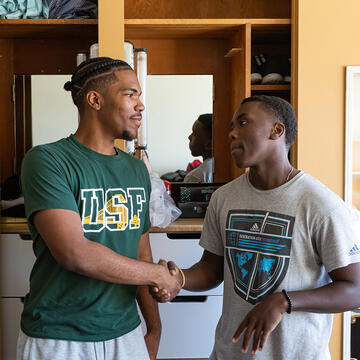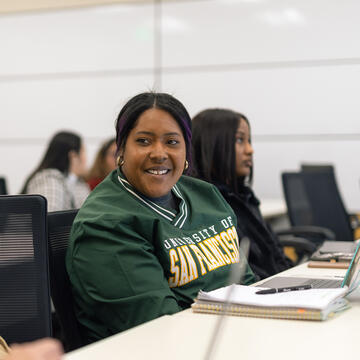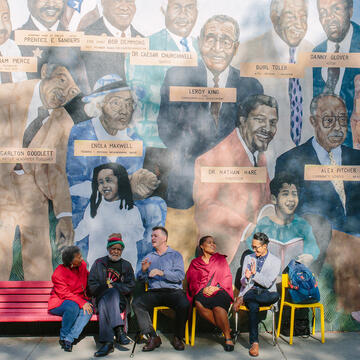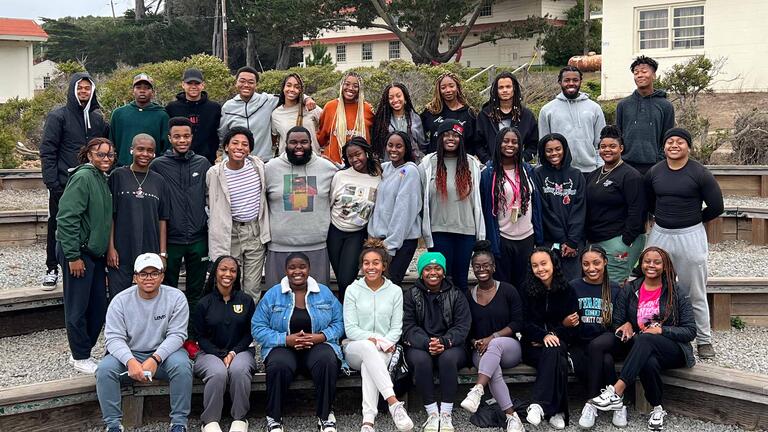
Marshall-Riley Living Learning Community
Named in honor of Trustee Emeriti and Black Student Union co-founders Dr. Joseph Marshall and Adrienne Riley, the Marshall-Riley Living Learning Community (MRLLC) is a community of first- and second-year students who have a shared interest in the historical, intellectual, and political traditions of the Black diaspora. The MRLLC provides a supportive environment to explore Black culture and identity through coursework, co-curricular activities, and curated immersive experiences.
Live Together in Toler Hall
Students in the Marshall-Riley Living Learning Community live in Toler Hall, located in the center of campus and just steps away from the bookstore, classroom buildings, and dining locations.
Take Courses in African American Studies
Each fall and spring semester, you’ll take an African American Studies course, like Black Activists & Visionaries or Community Engagement: Fillmore. You'll also complete core requirements in cultural diversity and community-engaged learning.
Take an Immersion Trip
The Black Heritage Immersion Experience, open to members of the Marshall-Riley Living Learning Community, explores key chapters of Black history in the U.S. Students gain firsthand exposure to historic sites, memorials, and communities in Louisiana, Alabama, Tennessee, and Mississippi.
Build Healthy and Just Communities
Throughout the year, you'll engage with the Bay Area Black community through community-engaged learning classes. You'll participate in programs that examine the construction of race and racial identity, as well as the history, politics, art, experiences, and intellectual traditions of Black artists, intellectuals, activists, and communities. Along the way, you will explore the diverse meaning of “blackness,” the struggles of often-marginalized groups to build healthy and just communities, and how to work effectively with local African American community groups in the Western Addition to document these struggles and preserve their history.
Director & Faculty
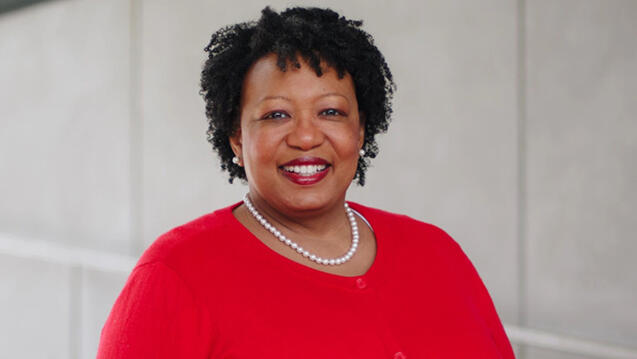
Aja Holmes, PhD
Co-Director, Marshall-Riley Learning Living Community
Assistant Dean of Students and Director of Community Living
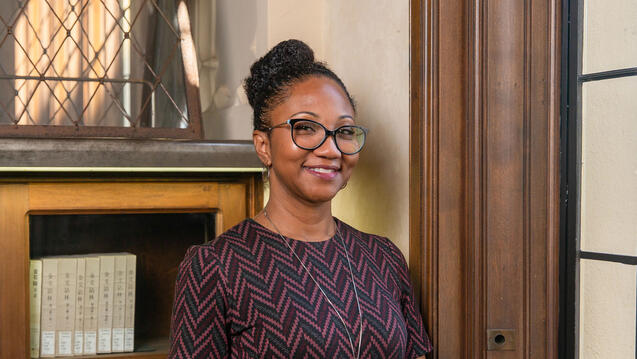
Sonja Poole, PhD
Co-Director, Marshall-Riley Living Learning Community
Professor of Marketing
Keep Exploring
The Marshall-Riley Living Learning Community is a component of the Black Achievement Success and Engagement (BASE) program. It’s also a collaborative effort between the African American Studies Program, the Leo T. McCarthy Center for Public Service and the Common Good, and SHARE.
